Our Curriculum
Learning happens everywhere and all the time at Wakefield School: our curriculum is both formal and informal, and we value both dimensions.
The formal curriculum happens through learning programmes that are teacher-led and student-led, both within and outside the classroom.
It is based upon the New Zealand Curriculum, as set by the Ministry of Education, and comprises the following strands:
The informal curriculum happens within and around formal learning; in moment-by-moment interactions among students and between students and staff, in break times, in out-of-school times through face-to-face and online interactions, during outdoor education (EOTC) activities, during sports and arts activities, and in many other contexts.
We actively enrich the informal curriculum by supporting children to develop strong social and communication skills, try out new activities and improve existing knowledge and skills.
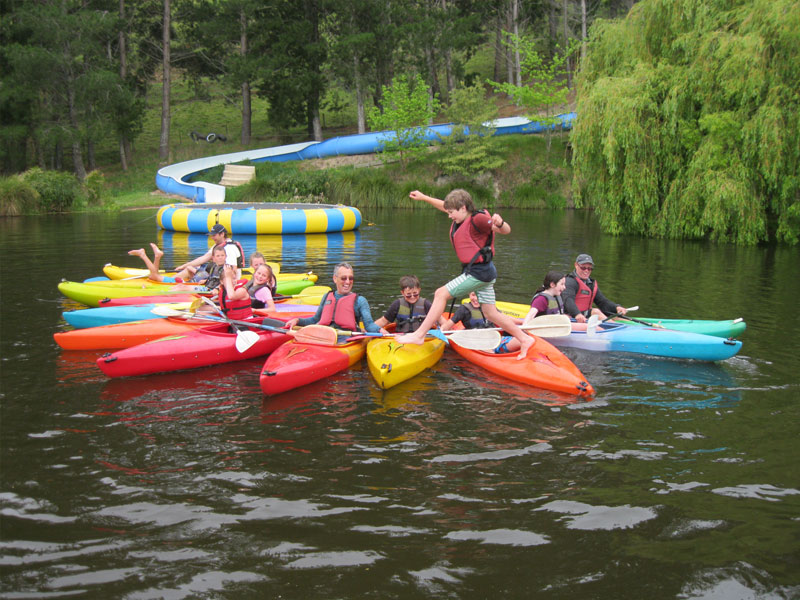
Learning at Wakefield School is co-constructed: it happens best when everybody owns it. Sometimes learning is teacher-led, sometimes it is student-led, sometimes we all lead and sometimes there are no leaders – just learners!
- Learning is responsive to students’ needs, interests and the expectations of the New Zealand Curriculum
- We aim to provide authentic and engaging learning experiences
- Social action is a valued outcome of learning
- We involve children in discussions about why, how and what we learn
- We aim for children to take increasing responsibility for their learning and we develop their capacity to self direct their learning through learner pathways and scaffolding the learning process
- We enable children to participate in democratic processes
- We seek, value and respond to children’s ideas and understandings.
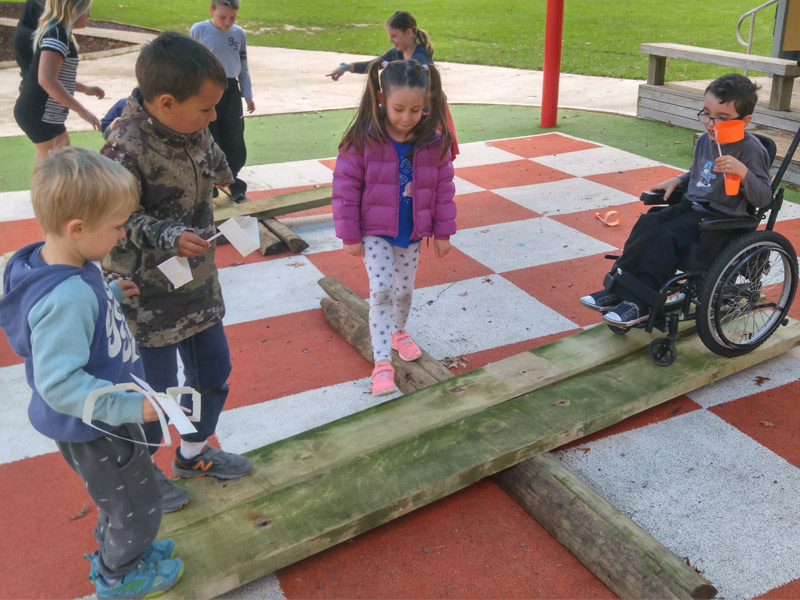
Our staff work in teams. We collaborate to improve both the children’s learning and our own. Collaboration means not just sharing our ideas, beliefs and strategies, but merging these to create a better model of practice.
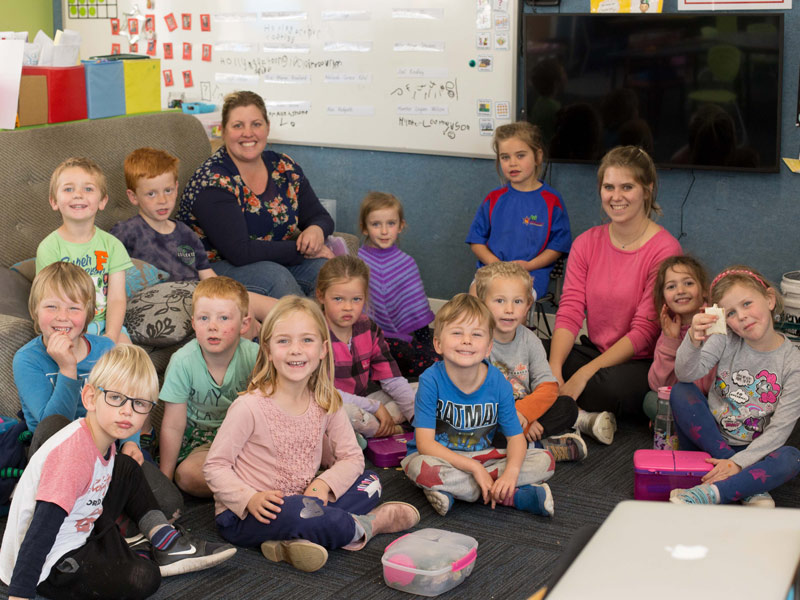
- Allows us to achieve better learning outcomes for children
- Provides professional support and development
- Enables a more personalised and responsive curriculum
- Allows teachers’ individual strengths to flourish
- Promotes more diverse relationships between children, staff and families
- Is more supportive and more fun than teaching alone.
Inquiry learning is a teacher-supported process that provides a structure for students to learn through co-constructed questions about a topic or concept.
- Learn to learn: children learn the skills and tools to allow their intrinsic curiosity to flourish
- Learn essential knowledge: acquire information and understanding of ‘cornerstone’ ideas, concepts and events. Content is important
- Understand the world and our place in it through asking critical questions and making connections.
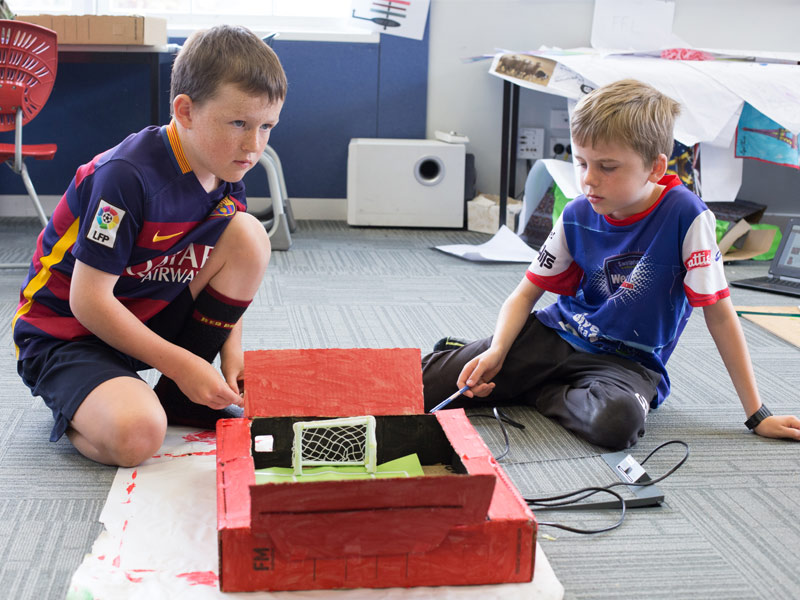
Our learning programmes support children to discover knowledge and the Key Competencies help them to reconise when they are learning. The Key Competencies are the capabilities that young people need for growing, working and participating in their communities and society.
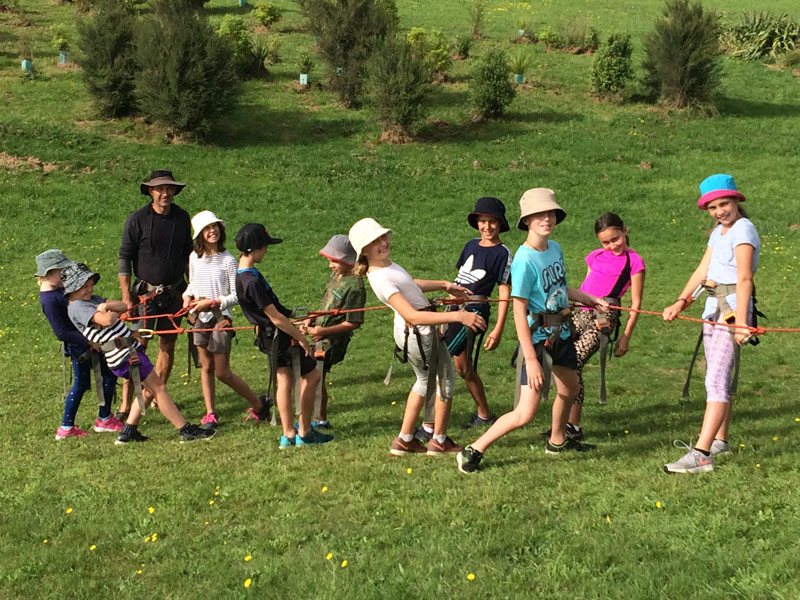
- Thinking
- Using language, symbols and text
- Managing self
- Relating to others
- Participating and contributing.
As they develop the competencies our learning programmes support children to use them, recognising when and how to do so and why.
